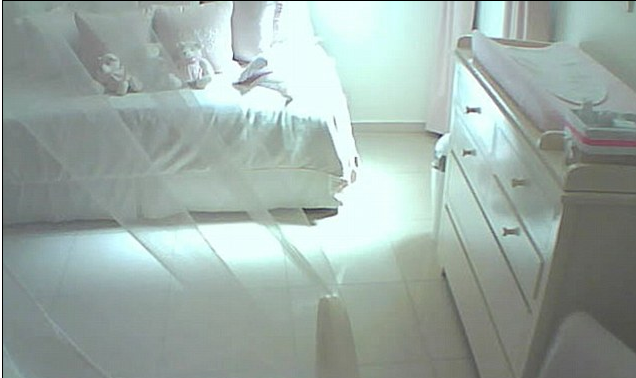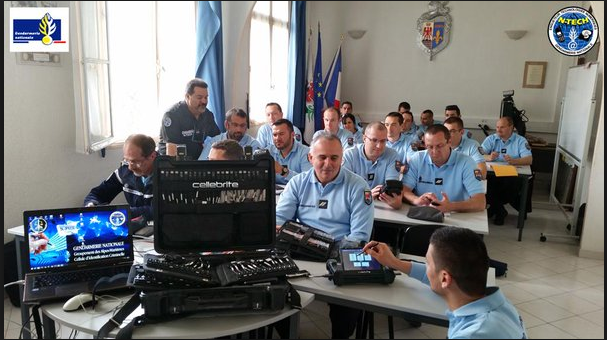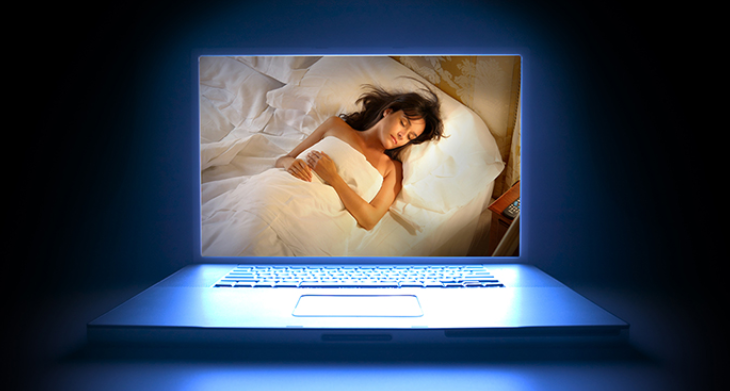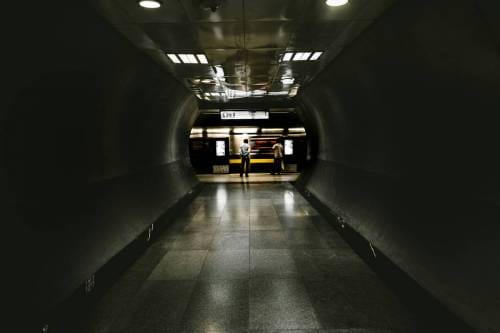Do you have a Wi-Fi security camera watching over your baby? Did you know that anyone in the world can tune in and watch too. All these video-cam pictures, once they are in the “digital world” are preyed upon by hackers who make a good living by making them available on web-sites to any internet surfer who wants to “peep”.
HelloMonaco investigated one of these sites and found it was easy to search by city (Monaco and Nice were on the search lists!) and incredible though it may seem, there is even a search icon for bedrooms.

How can this be?
Well, when you buy a Wi-Fi security camera or webcam be aware it is easy for hackers to by-pass its security. The hackers are smart – they know the default passwords of the manufacturers. So as soon as you install your camera you link to, not just yourself, but to any spy who is curious. And relaying digital information is not against the law – at least in France it isn’t. Technology moves fast and the law doesn’t keep pace. However, in the United States it is an infraction to by-pass a password protected camera – but not here in the heart of Europe.
There is a specialized forensic police unit in France “NTech” to investigate digital crime but they are hampered by the law. And the hackers are getting ever more cunning. They use “bots” (digital robots) to scour the digital universe for goodies to capture. There is enough money to be made by relaying sensitive images that they even have a PR machine portraying themselves as do-gooders warning the public of the vulnerability due to unsecured web-cams.

So, what to do?
Don’t be one of the 80% who install cameras leaving the manufacturers’ default passwords as the only protection against hacking. So the minimum step is to change the password. If your images are sufficiently sensitive, or if you are a little paranoid, give yourself an additional degree of comfort beyond password protection by encrypting the images with encryption software.
And our public officials and custodians at every level need to be vigilant too. Press reports reveal schools and gyms in France, whose security cameras are there supposedly to protect them, are being spied upon in the same way. There are guardian angels in the digital world; not everyone operates in the “dark internet”. Public shaming of the website Insecam, which was heretofore relaying much sensitive information from a reported 70.000+ cameras, pirated unethically, if not illegally, has led to Insecam being more cautious in what they show as a result of their “spying”.

There has been outrage at some of the scenes pirated from hospitals and bedrooms and reporters like Lisa Vaas have been very vigilant in reporting infractions by “peepers”. Invasion of privacy and spying on bedrooms and children is enough cause for extra vigilance but the implications are even more serious; vast numbers of unsecured cameras are a terrorist’s dream. Your security cameras instead of protecting your property are an “Achilles Heel” also; they alert thieves as to your comings and goings!
And for spying on sensitive industrial and commercial sites – or even stealing intellectual property – the tool could not be better tailored.

George Orwell has conditioned us to be on our guard against Big Brother. There is a bigger enemy – terrorists, blackmailers and thieves, and we are leaving ourselves very vulnerable. We have become quite good at locking our doors and windows. Now we have to lock our sensitive digital information out of the reach. Our new digital power-locks are passwords and encryption.
Why leave the Internet as a tool for the sole use of the evil among us. Digital guardian angels leave bulletins on the Web to help us defend against the hackers. Tune in – just like you would tune in if your neighbourhood-watch spots a suspicious prowler.








